Back in the early 1980’s during the nascent years of electronic design automation (EDA), I worked at Texas Instruments supporting what would become their merchant ASIC business. Back then, life was a bit different. The challenge we faced was to make our ASIC library available on as many EDA flows as we could to give as many users as… Read More
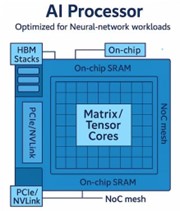 Hardware is the Center of the Universe (Again)The 40-Year Evolution of Hardware-Assisted Verification — From…Read More
Hardware is the Center of the Universe (Again)The 40-Year Evolution of Hardware-Assisted Verification — From…Read More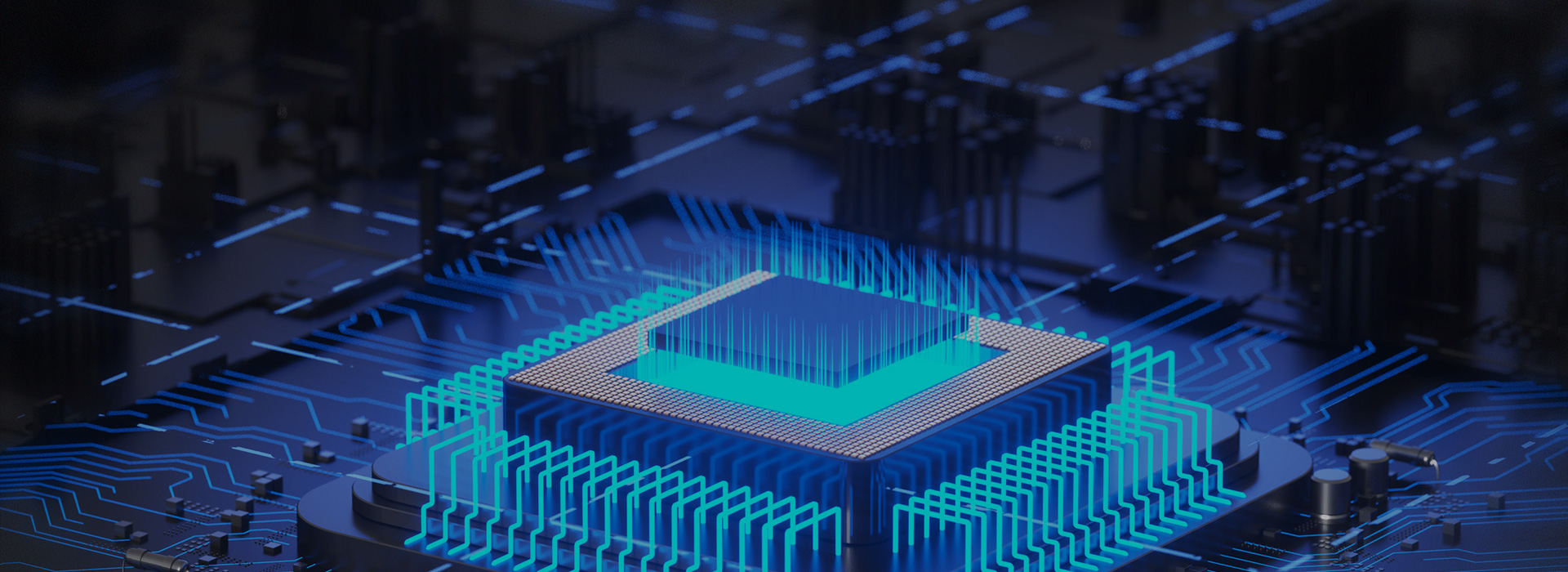 Smarter ECOs: Inside Easy-Logic’s ASIC Optimization EngineEasy-Logic Technology Ltd. is a specialized Electronic Design…Read More
Smarter ECOs: Inside Easy-Logic’s ASIC Optimization EngineEasy-Logic Technology Ltd. is a specialized Electronic Design…Read More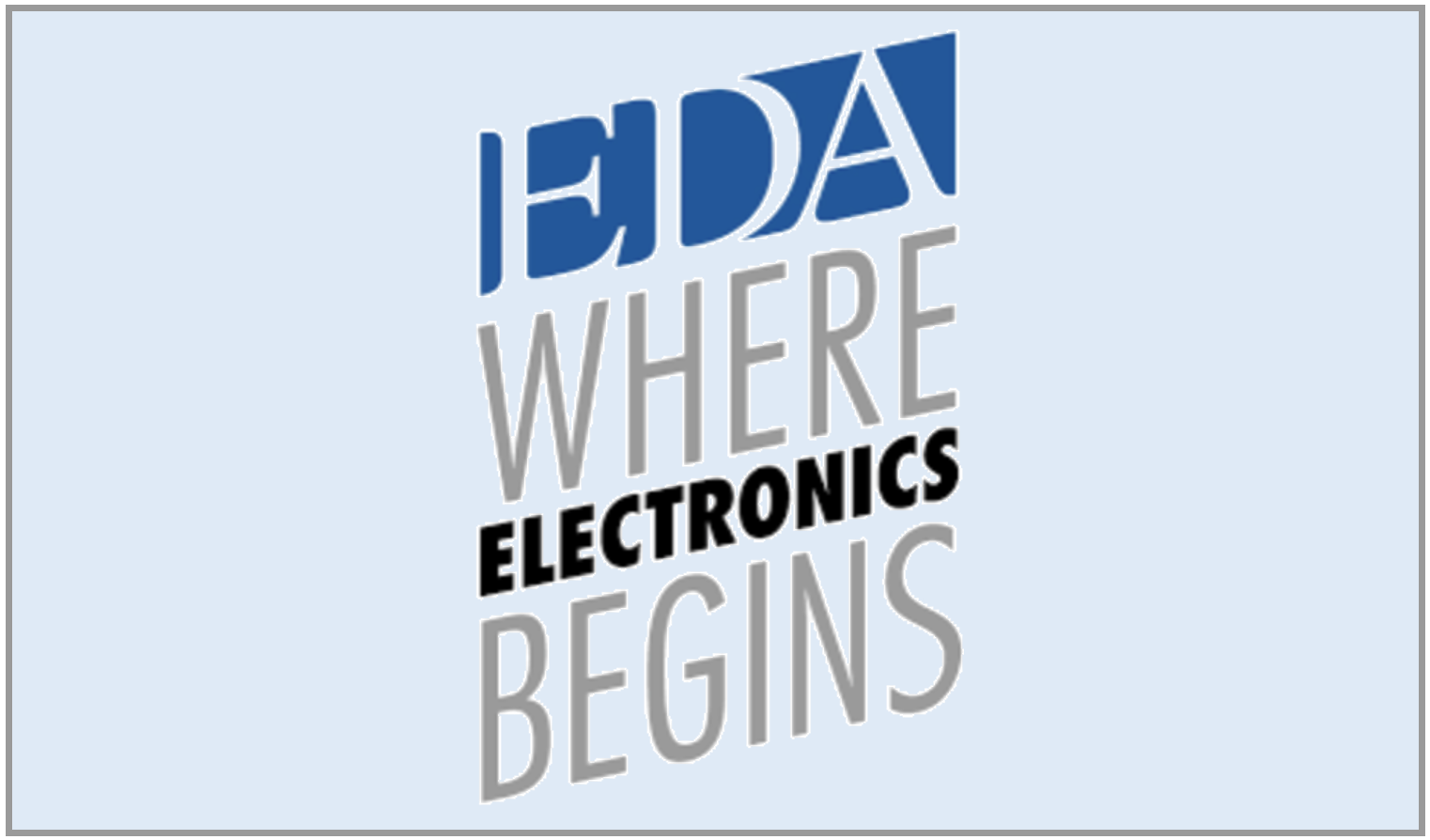 The Name Changes but the Vision Remains the Same – ESD Alliance Through the YearsThe Electronic System Design Alliance (ESDA) has been…Read More
The Name Changes but the Vision Remains the Same – ESD Alliance Through the YearsThe Electronic System Design Alliance (ESDA) has been…Read More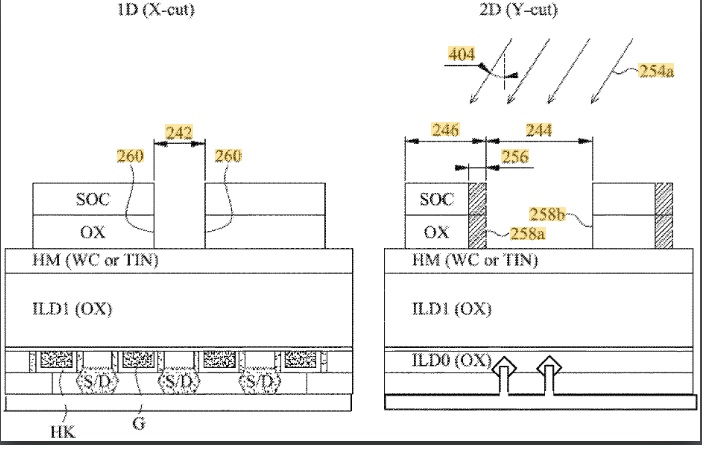 TSMC Process Simplification for Advanced NodesIn the modern world, the semiconductor industry stands…Read More
TSMC Process Simplification for Advanced NodesIn the modern world, the semiconductor industry stands…Read More CEO Interview with Juniyali Nauriyal of PhotonectJuniyali Nauriyal is the CEO and Co-Founder of…Read More
CEO Interview with Juniyali Nauriyal of PhotonectJuniyali Nauriyal is the CEO and Co-Founder of…Read MoreAnalysis and Signoff for Restructuring
For the devices we build today, design and implementation are unavoidably entangled. Design for low-power, test, reuse and optimized layout are no longer possible without taking implementation factors into account in design, and vice-versa. But design teams can’t afford to iterate indefinitely between these phases, so they… Read More
Customizable Analog IP No Longer a Pipe Dream
Configurable analog IP has traditionally been a tough nut to crack. Digital IP, of course, now provides for wide configurability for varying applications. In the same way that analog design has remained less deterministic as compared to digital design, analog IP has also tended to be less flexible. However, the tide may be turning… Read More
Bluetooth 5 IP is Ready for SoC Integration
Bluetooth®, WiFi, LTE, and 5G technologies enable wireless connectivity for a range of applications. While each offer unique features and advantages, designers need now to decide which protocol to integrate in a single chip after having test the market by using wireless off-chip solutions. Bluetooth 5 builds upon the success… Read More
Oracle is out of the Chip Business!
This is a story I have been tracking for some time now. Oracle is one of the companies I was enamored with early in my career, Sun microsystems as well. They are both legacies here in Silicon Valley, absolutely. I can now confirm that Oracle is getting out of the chip business. Oracle got into the chip business with the $7.4B acquisition… Read More
Semiconductor Reliability and Product Qualification
This week, we are continuing our discussion of various topics that Semitracks addresses in their training activities. One area that they focus on quite a bit is Semiconductor Reliability and Product Qualification.
One of the key activities that a Product Engineer will coordinate is the qualification of new products before they… Read More
Samsung, Synopsys and Qualcomm at DAC
I’m a user of many Samsung products as my family has Samsung Galaxy smart phones and my MacBook Pro uses Samsung SSD for storage, so at DAC I attended a breakfast panel with presenters from Samsung, Synopsys and Qualcomm. This was the second day of DAC and they served us breakfast, and with the big names on the panel the room was… Read More
Eclipse 2017: Drive All Night!
The reports are coming in now that Apple is working on self-driving car technology in support of developing shuttle buses – not unlike the dozen or so other companies like Local Motors and Navya working on the same idea. The message is clear that the only way to reduce traffic and congestion is to get human beings to pack themselves… Read More
TSMC OIP Ecosystem Forum 2017 Preview!
The TSMC OIP Ecosystem Forum is upon us again. I have yet to meet a disappointed attendee so it is definitely worth your time: Networking with more than 1,000 semiconductor professionals, the food, mingling with the 50+ EDA, IP, and Services Companies, the food, and of course the content. The 7nm and 7nm EUV updates alone are worth… Read More
A Functional Safety Primer for FPGA – the White Paper
Following up on their webinar on functional safety in FPGA-based designs, Synopsys have now published a white paper expanding on some of those topics. For those who didn’t get a chance to see the webinar this blog follows the white paper flow and is similar but not identical to my webinar blog, particularly around differences between… Read More


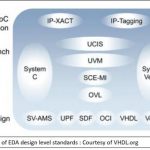
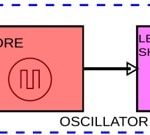
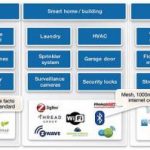


CEO Interview with Aftkhar Aslam of yieldWerx